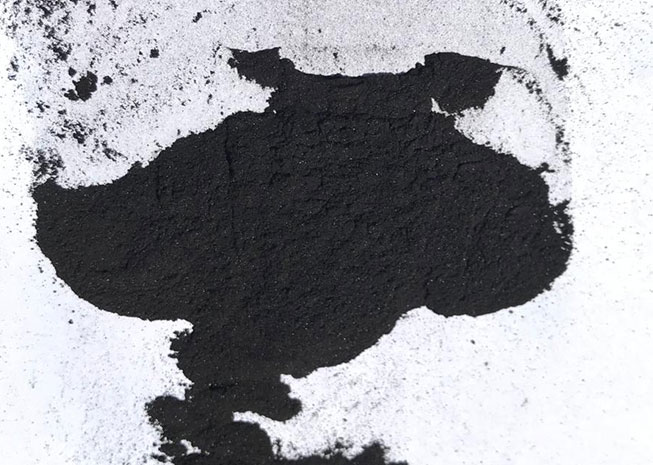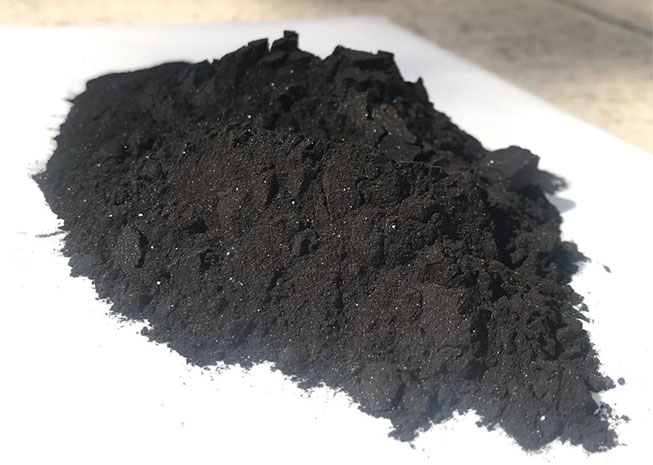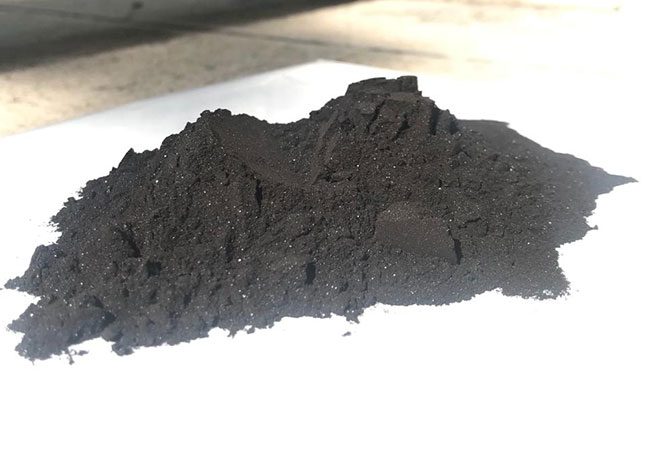Sulphonated Asphalt
Sulphonated asphalt, also known as sulfonated asphalt or sulfonated bitumen, is a modified form of asphalt that has been chemically treated with sulfonic acid. This process involves reacting asphalt with sulfuric acid or other sulfonating agents to introduce sulfonic acid groups onto the asphalt molecules. The result is a water-soluble product that exhibits unique properties and characteristics.
Sulphonated asphalt is commonly used in the oil and gas industry as a fluid loss control additive in drilling fluids. It helps to reduce fluid loss by forming a thin, impermeable filter cake on the wellbore walls, preventing the loss of drilling fluids into the formation. Additionally, it acts as a viscosifier and rheology modifier in drilling fluids, improving its carrying capacity for cuttings and enhancing hole cleaning efficiency.
In the construction industry, sulphonated asphalt is used as a water-reducing admixture for concrete. It can improve the workability and flowability of concrete mixtures, allowing for easier placement and compaction. Additionally, it can enhance the strength, durability, and resistance to chemical attack of concrete.
Overall, sulphonated asphalt is a chemically modified form of asphalt that offers unique properties and benefits in various applications.



